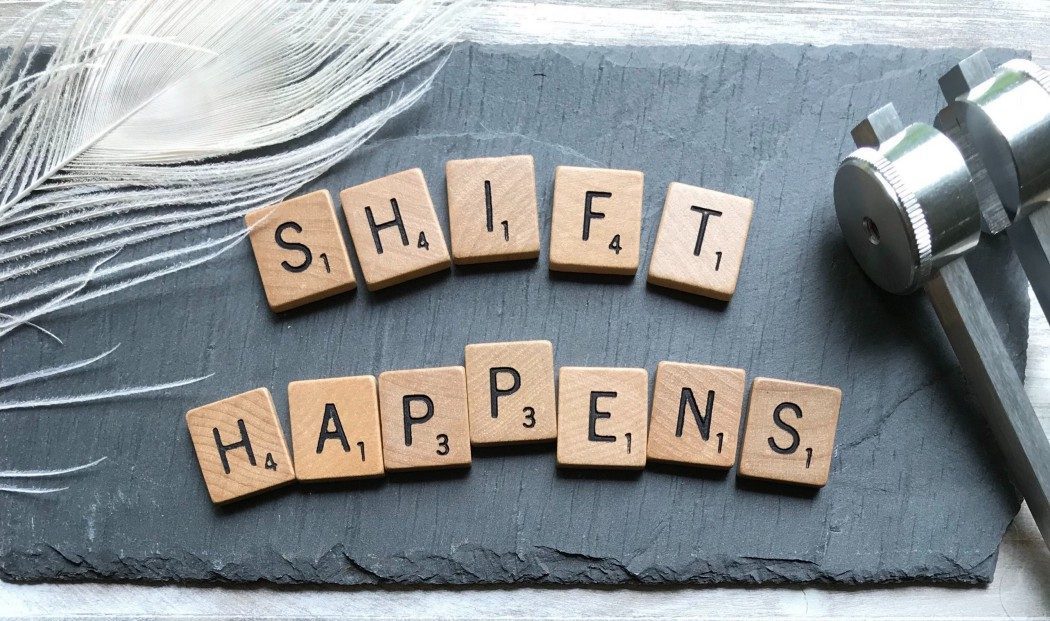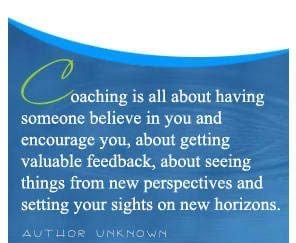Feb 27, 2024 in Life Coaching
An Expert is Made by Trial and Error
In a world that often glorifies instant success and celebrates overnight sensations, the concept of expertise cultivated thr
It's your turn now! Let's support each other by clicking "Helpful".
+1

DISCUSS #Relationship
DISCUSS #Parenting
In a world that often glorifies instant success and celebrates overnight sensations, the concept of expertise cultivated through trial and error can seem outdated or undervalued. However, behind every true expert lies a journey marked by countless trials, failures, and relentless perseverance.
“The only sure way to avoid making mistakes is to have no new ideas.” – Albert Einstein.
The path to mastery is seldom linear; it is a labyrinth of experimentation, setbacks, and incremental progress. In this blog, we delve into the profound truth that an expert is indeed made by trial and error.
The Nature of Expertise:
Before we explore the role of trial and error in expertise, it’s crucial to understand what expertise truly entails. Expertise is not merely about possessing knowledge or skills in a particular domain. It encompasses a deep understanding honed through experience, a nuanced ability to navigate complexities, and the wisdom to discern what works and what doesn’t in diverse situations.
Malcolm Gladwell popularized that it takes roughly 10,000 hours of deliberate practice to master any field. While the exact number may vary depending on the discipline and individual differences, the essence remains the same: expertise demands relentless effort and a willingness to embrace failure as an integral part of the learning process.
The Role of Trial and Error:
Trial and error serve as the bedrock upon which expertise is built. Every failed attempt, every misstep, and every setback provides invaluable insights that contribute to the refinement of skills and the deepening of understanding. Consider the example of Thomas Edison, whose relentless experimentation eventually led to the invention of the practical electric light bulb. Edison famously remarked, “I have not failed. I’ve just found 10,000 ways that won’t work.” His journey exemplifies the iterative nature of trial and error in pursuing excellence.
Similarly, in the realm of arts and creativity, trial and error play a pivotal role. Renowned painters, musicians, writers, and other artists often produce numerous drafts, sketches, and prototypes before arriving at the final masterpiece. Each iteration is a learning opportunity, allowing them to uncover new possibilities, refine their techniques, and push the boundaries of their craft.
Embracing Failure:
The willingness to embrace failure as a natural and inevitable part of the learning journey is central to the concept of trial and error. Society often stigmatizes failure as something to be avoided at all costs, fostering a fear of experimentation and risk-taking. However, true experts understand that failure is not the opposite of success but rather a stepping stone toward it.
Psychologist Carol Dweck’s research on the growth mindset highlights the importance of viewing failure as a temporary setback rather than a permanent condition. Those with a growth mindset perceive challenges as opportunities for growth and resilience. In contrast, those with a fixed mindset are more likely to interpret failure as evidence of their inherent limitations. By cultivating a growth mindset, individuals are better equipped to navigate the trials and tribulations on the path to expertise.
Interactive Learning:
At its core, trial and error represent an interactive approach to learning and problem-solving. Instead of expecting immediate perfection, experts recognize that progress often comes through incremental improvements over time. This iterative process involves a cycle of experimentation, reflection, and refinement, with each iteration bringing them closer to mastery.
In fields such as software development, iterative learning methodologies like Agile and Scrum have revolutionized how teams approach complex projects. Rather than attempting to design a perfect solution from the outset, Agile principles encourage continuous feedback and adaptation, allowing for rapid iteration and course correction based on real-world outcomes. This iterative approach fosters innovation and mitigates the risks associated with large-scale projects by breaking them down into smaller, manageable iterations.
The Importance of Feedback:
Feedback serves as a compass guiding the iterative process of trial and error. Whether from mentors, peers, or the outcomes of one’s actions, feedback provides valuable information that informs future decisions and actions. However, not all feedback is created equal. Constructive, specific, actionable, and empathetic feedback is most conducive to learning and growth.
In the context of expertise development, seeking feedback from trusted sources and being open to critique is essential for continuous improvement. Constructive criticism helps experts identify blind spots, refine their skills, and challenge their assumptions, ultimately propelling them toward more excellent proficiency in their chosen field.
Persistence and Resilience:
The most defining characteristic of true experts is their unwavering persistence in the face of adversity. The journey of trial and error is fraught with challenges, setbacks, and moments of self-doubt. It is easy to become discouraged when faced with repeated failures or slow progress. Still, it is precisely during these times that resilience becomes paramount.
In her research on grit, Angela Duckworth emphasizes the importance of perseverance and passion in achieving long-term goals. Gritty individuals possess a combination of resilience, determination, and intrinsic motivation, enabling them to weather the storms of uncertainty and setbacks. They understand that expertise is not achieved overnight but through sustained effort and dedication over time.
Here, I leave you 4 questions to journal about Trial and Error:
- Reflect on a recent challenge or setback you’ve faced in your journey toward mastering a skill or achieving a goal. How did you initially respond to the failure, and what did you learn from the experience?
- Consider a time when you received constructive feedback from a mentor, peer, or supervisor. How did you incorporate this feedback into your approach, and how did it impact your progress?
- Think about a project or endeavour where you’ve applied an iterative approach, embracing trial and error to refine your work. What were some of the key insights or breakthroughs that emerged from this process?
- Explore your mindset toward failure and adversity. Do you tend to view setbacks as opportunities for growth, or do you perceive them as indicators of your limitations? How might adopting a growth mindset influence your approach to challenges in the future?
In a world that often celebrates instant gratification and overnight success, the journey of expertise reminds us that greatness is forged through trial and error. Every failure, setback, and obstacle encountered is an opportunity for growth and learning. True experts understand mastery is not a destination but a lifelong pursuit characterized by relentless experimentation, resilience, and a commitment to continuous improvement. So, the next time you encounter failure on your journey, remember that an expert is made by trial and error. Embrace the process, learn from your mistakes, and keep moving forward toward mastery.
Embracing the journey of mastery requires courage, resilience, and a commitment to continuous improvement. Suppose you found value in exploring the transformative power of trial and error. In that case, I invite you to subscribe to my newsletter, “Flip it.” Through “Flip it,” we delve into the art of challenging and transforming limiting beliefs, empowering you to unlock your full potential and embrace a mindset of growth and possibility.
Moreover, consider signing up for my free email course, “Rise & Shine,” where we explore the creation of effective routines to support your journey towards expertise. By mastering routines, you’ll enhance your productivity and cultivate habits that foster resilience and perseverance in the face of challenges.
Join me on this journey of self-discovery and transformation. Let’s flip the script on our limiting beliefs while establishing empowering routines that propel us towards mastery. Subscribe today and embark on a path of personal and professional growth like never before.









 Thank you for your help!
Thank you for your help!